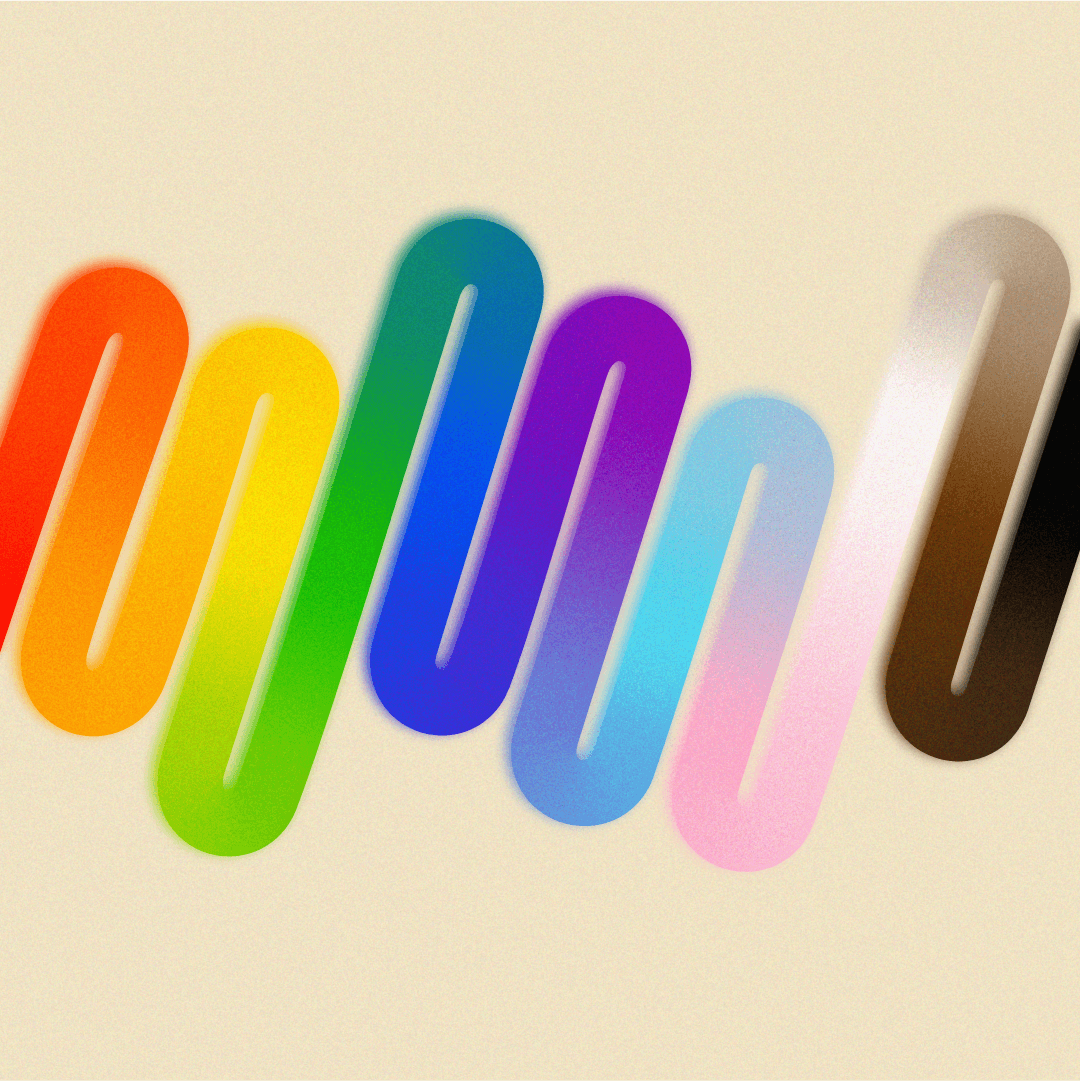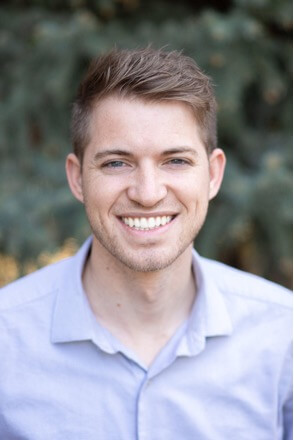
During Pride Month we are sharing stories from members of Qualtrics Pride – our Q group dedicated to ensuring members of the LGBTQIA+ community feel safe and included. We are sharing stories about the challenges of coming out, understanding identity, allyship, and unconscious bias.
In this post we are sharing two stories about unconscious bias and how it can detrimentally affect the experiences and interactions of those in the LGBTQIA+ community. We’re sharing Michael’s story of how other people’s unconscious bias has affected his interactions in the workplace, and how Ryan’s own unconscious bias has changed with personal growth. Qualtrics is committed to confronting and addressing unconscious bias in all its forms, in order to treat every person on equal ground.
Michael | Head of XM Community | Remote | he/him/his

One challenge I have dealt with throughout my career as an LGBTQIA+ professional is unconscious bias. Unfortunately, due to certain societal expectations and conditioning, many people expect me to be more passive as a leader because I am a gay man. All too often, people expect me to always be agreeable, not make waves, be a “yes” man, or be the comic relief on the team. But, what I actually am, is a strong, driven, capable, kind-yet-assertive leader – something that has often, unfortunately, been counter to others' expectations of me in past companies.
In past roles, when I have tried to assert myself as an expert in my field or raise an objection in a discussion, it could be surprisingly activating for colleagues or leaders who had different expectations of how I would (or should) react – very much along the lines of, “who do you think you are?” I have often found myself in instances in which I had to resort to verbal gymnastics to pad and soften my messaging to make others more comfortable with what I was trying to say, while I watched other colleagues act in a very direct, assertive, or even confrontational style without any issues or pushback. For me, this is a form of privilege that I find I have not historically had, and I feel fairly certain I am not alone in this regard within the community.
I am excited to work in a place where we openly discuss these types of biases so we can spread awareness of preconceived notions and expectations we all can sometimes and unintentionally force upon others. Through active dialog and opportunities to share our experiences, like this, we can foster environments where everyone is free to be exactly who they are.
Ryan | Senior Specialist, Revenue Operations Strategy | Provo | he/him/his

I didn't know many people who identified in the community growing up, and I had a lot of unconscious and conscious bias due to my ignorance. Over the last few years, I've had 5 immediate family members identify as being part of the LGBTQIA+ community. At first, it was difficult for me as I addressed a lot of my biases. But over the years, I've been grateful to interact with and understand the community from my close family and friends. I've been most surprised at how unloved and unaccepted those close to me have felt throughout their lives. When I realized this, I knew I needed to do better and the world needed to do better. Everyone deserves to feel loved. That's been my primary focus. I don't think I'm an amazing ally, but I have felt the pain of not feeling loved and try my best to make sure nobody feels that.